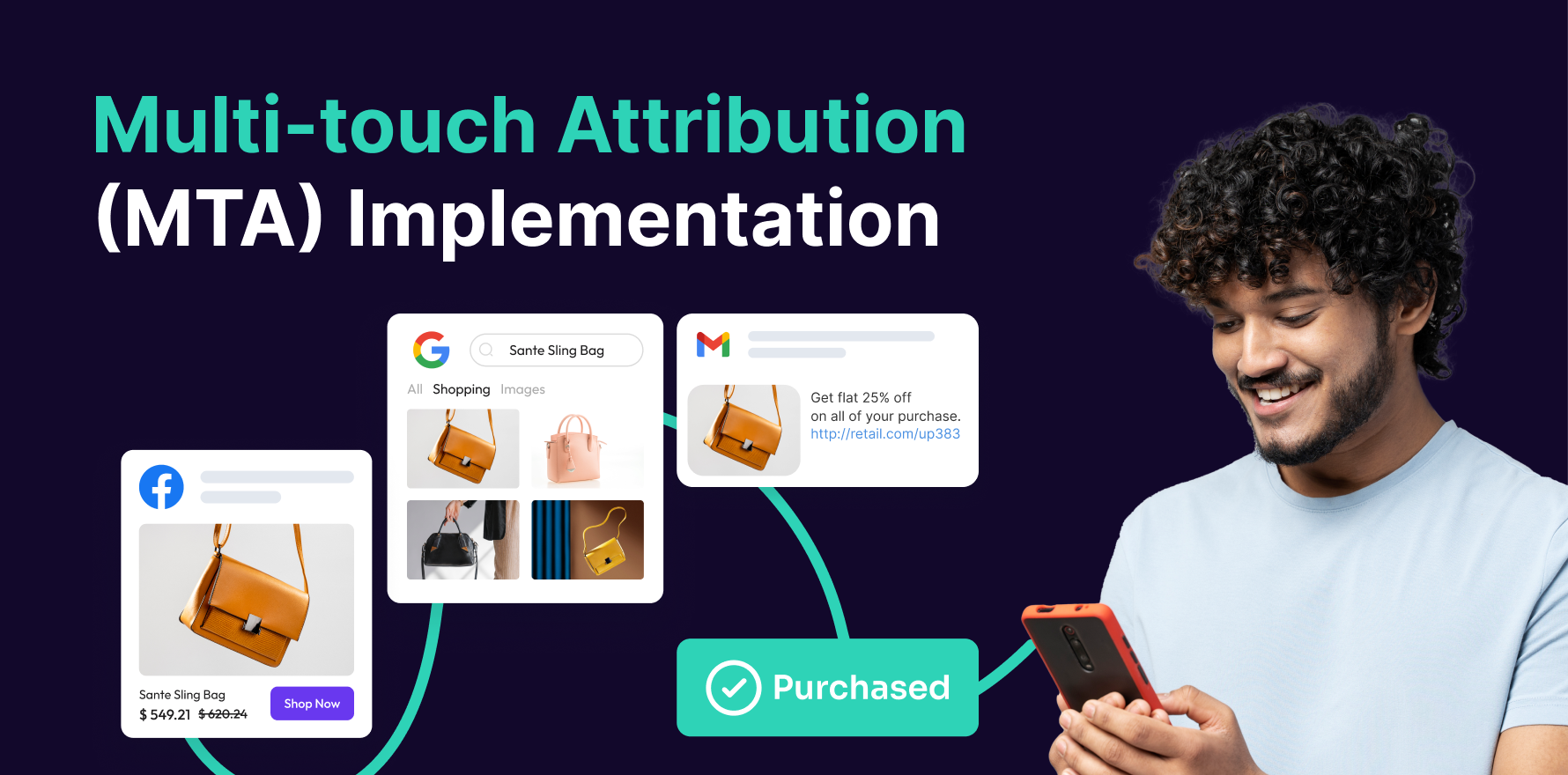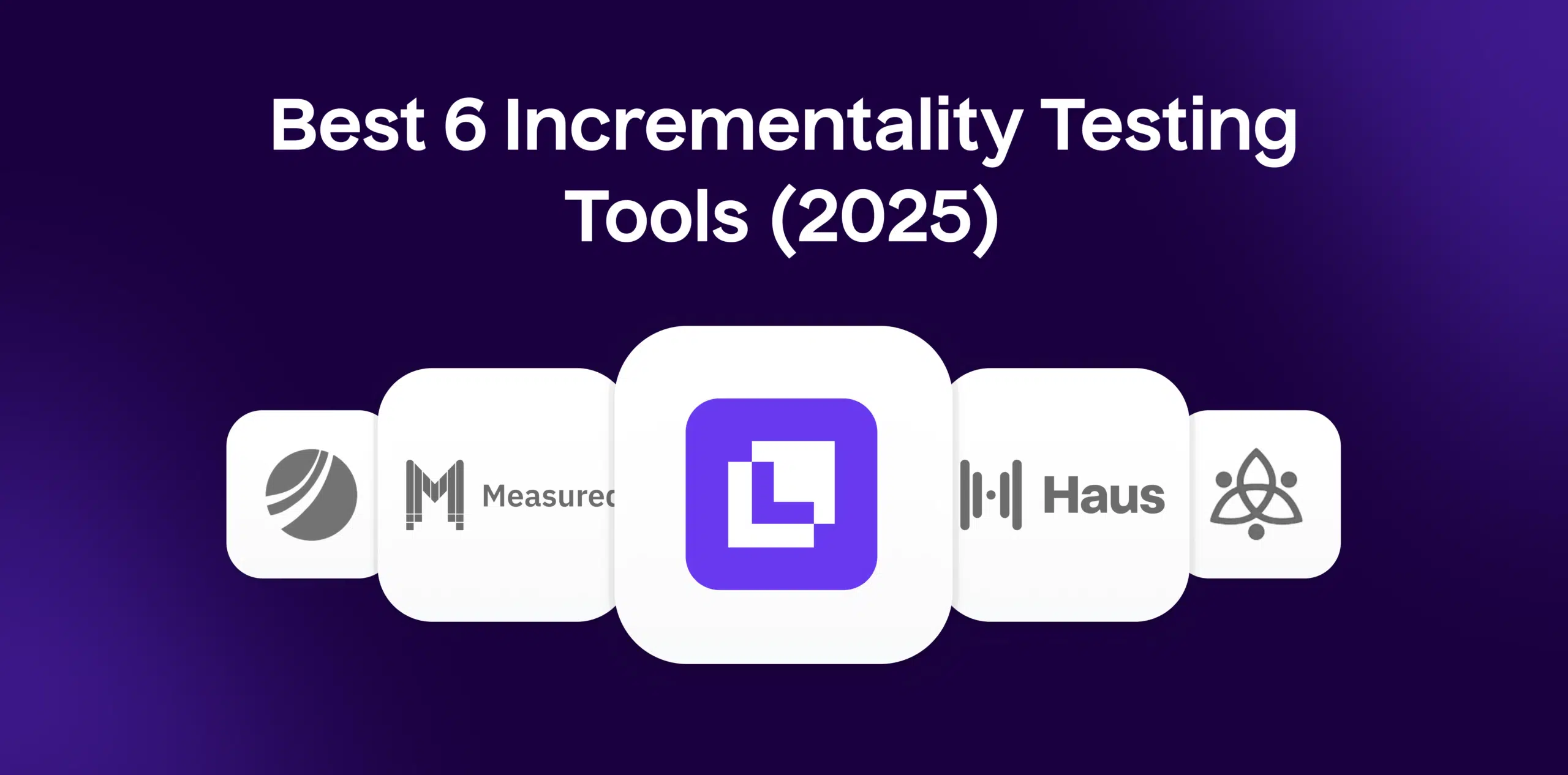What is Controlled Experiment?
A controlled experiment is a comprehensive methodology employed in scientific research to reduce the effect of variables other than the independent variable. It involves segregating the subjects into two or more groups, including the control group that does not undergo any modifications in the independent variables, and the test group(s) that do. After the treatment, researchers compare the results across these groups to deduce how adjustments in variables influence outcomes.
This procedure promotes a high level of control, thereby increasing the validity and reliability of results. It serves as an objective mechanism to dissect cause-and-effect relationships, which drives data-driven insights.
Formula
Example
To illustrate, a digital marketing company intends to identify the best timings for sending emails to their subscribers. They could conduct a controlled experiment, sending emails at different times to the control and test groups and then comparing their open rates. If the open rates significantly differ, this provides evidence that the timing impacts email interaction.
Why is Controlled Experiment important?
Controlled experiments play a key role by presenting empirical evidence in determining the effectiveness of a marketing strategy. They allow marketers to optimize for specific metrics by isolating variables one at a time to understand how each influences the outcome. This can hugely aid decision-making processes, ensuring marketing plans are built and tweaked relying on data rather than intuition.
Which factors impact Controlled Experiment?
Recruiting larger and diverse samples can enhance the generalizability of results. Moreover, ensuring the experiment is as double-blinded as possible reduces biases. Employing rigorous statistical techniques, repetitions and incorporating potential confounders in the experimental design can improve reliability, validity, and the overall quality of a controlled experiment.
How can Controlled Experiment be improved?
Several factors can impact the results of controlled experiments. This includes statistical noise, uncontrolled variables, measurement errors and selection bias. It’s of utmost importance that these factors are carefully considered during the experiment design process to ensure accurate and applicable results.
What is Controlled Experiment’s relationship with other metrics?
Controlled experimentation sits at the center of highlighting correlations between different ecommerce metrics. For example, you can understand the relationship between webpage load speed (independent variable) and user engagement metrics (dependent variable) by adjusting the speed for the test group. The results can potentially highlight correlations between these ecommerce metrics, helping to optimize your digital platform for maximum engagement.
Free essential resources for success
Discover more from Lifesight














